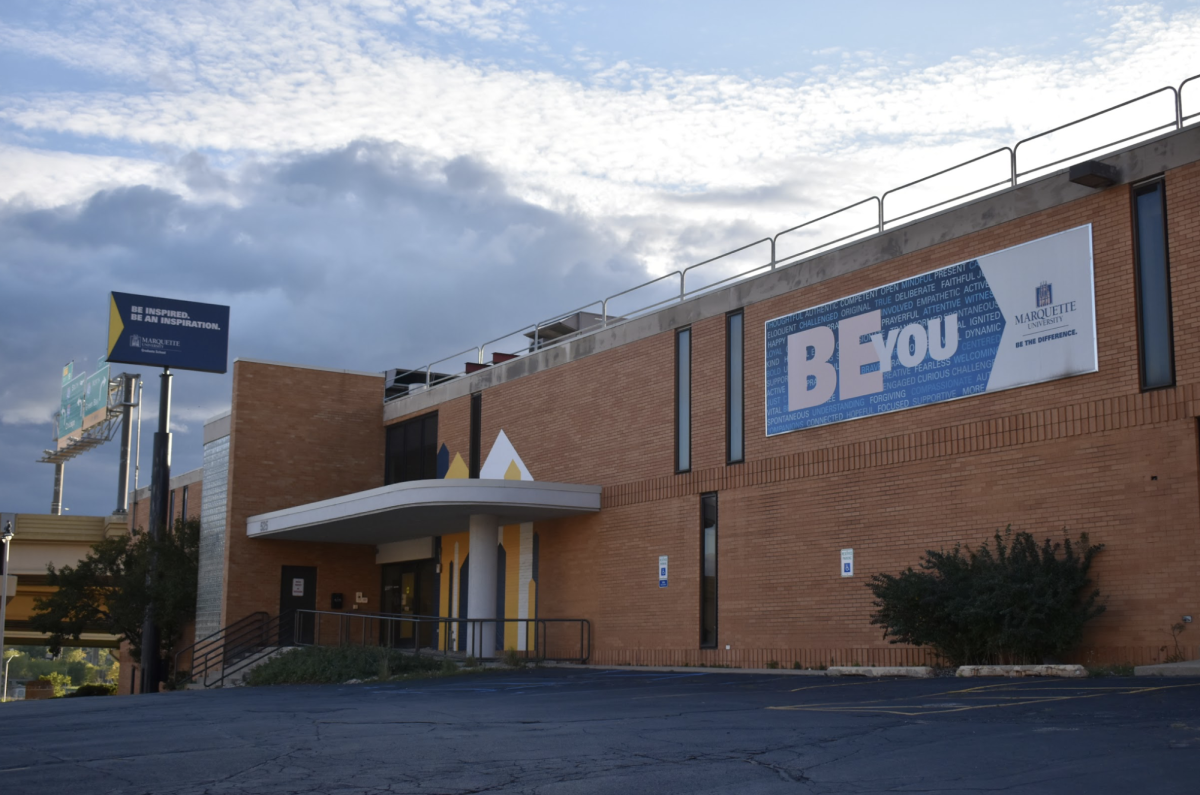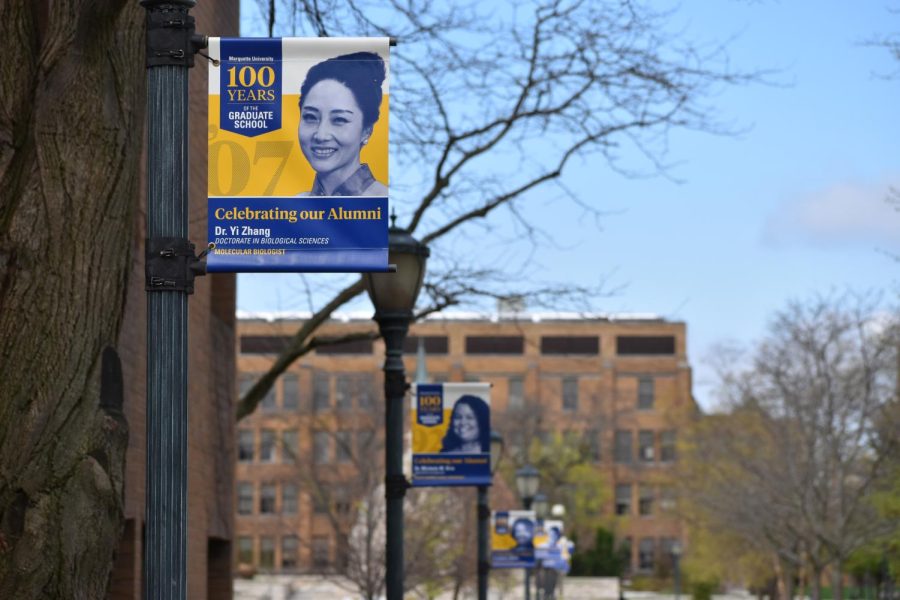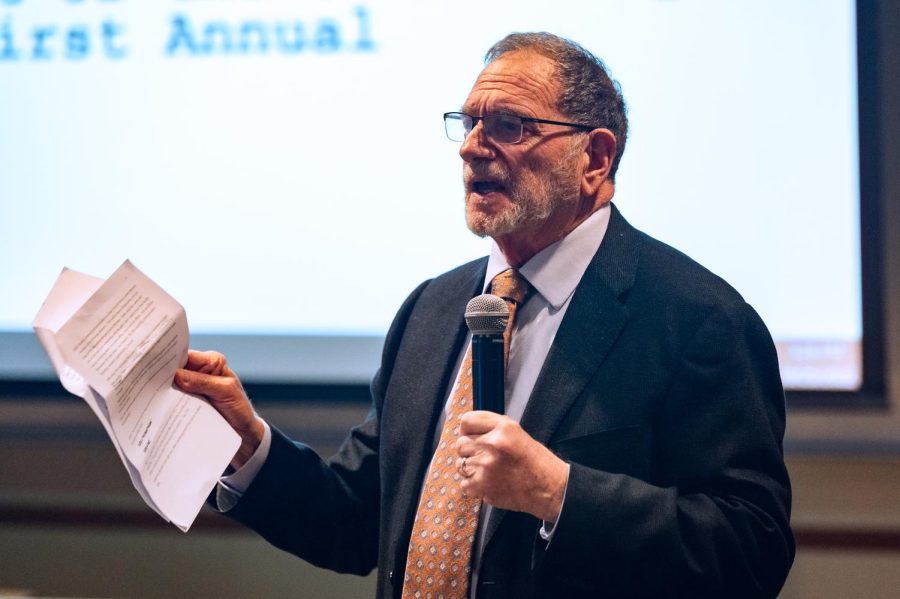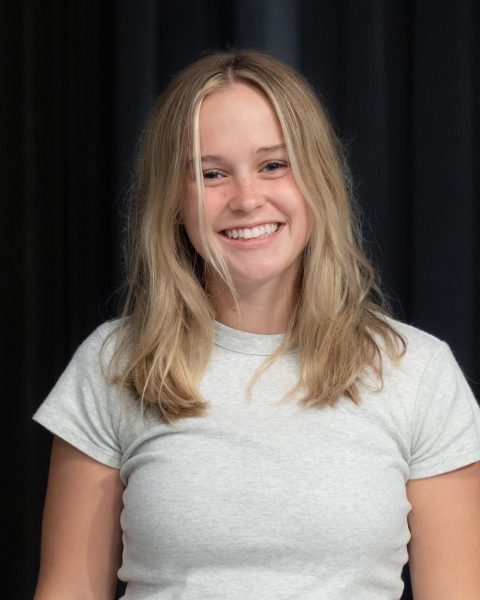Behavior analysis is a type of psychology that focuses on how one’s environment impacts their behavior. At Marquette, the behavioral analysis program’s graduate students research and learn about developmental disabilities, autism, social skill deficits, social and motor tics due to Tourette’s syndrome.
“This is a very ‘hands-on’ program. The students not only learn by taking classes from incredible professors who are leaders in their field, but also receive quite a bit of ‘hands-on” learning experiences with actual clinical populations,” Doug Woods, dean of the graduate school, wrote in an email.
Stephanie Hood, assistant professor in the behavior analysis program, said the students start working 10 to 30 hours in clinics right away.
“They could work with a variety of individuals and children and adults, individuals with a variety of different presenting concerns. A lot of our alumni do go on to work with individuals with various forms of developmental disabilities or neurological disabilities, such as autism or Down syndrome,” Hood said.
Claudia Todd, a graduate student in the program, said that she’s been working with Hood for almost four years on her clinical research.
“A lot of our clients have autism diagnosis, and we work with them to increase independent living skills and increase verbal repertoire. We teach them ways to communicate,” Todd said.
Todd said she also works with Hood on her grant funded research on bringing Telehealth resources to communities who don’t have access to behavioral analysis resources.
“They could be from a disenfranchised community, it could be because they are in a provider desert, meaning that there’s not a lot of people who provide the services that are needed in that area. Typically, that’s rural areas or farm towns,” Todd said.
Not only do the students get to work with community members who come into the on-campus clinics, but Hood said they also get to go out into the Milwaukee community. In the community, the individuals they work with give students knowledge they can bring into their coursework and clinicals.
“For my clinic, we are working with individuals that are in the upper elementary age range all the way through adulthood and really working on how we create more joy and happiness in life and in a lot of ways creating more social experiences and skills that lead towards independence, vocational living friendships and potentially romantic relationships,” Hood said.
Marquette introduced the behavioral analysis graduate program housed at 525 N.6th St. in 2018.
In May 2022, the building was sold to developers in order to construct the Iron District, the new entertainment district that will house the professional soccer club. The behavioral analysis program will be relocated; however, a new location has not been announced yet.
The building was purchased by Marquette University in 2015 after it was previously owned by Honeywell corporations. Over the past five years, Woods said the program has grown to enroll 24 master’s students and a large number of doctorate students as well.
Undergraduate students at Marquette can also participate in the program. Hood said there are two psychology classes undergrads can take that introduces them to the program. She also said the master’s students in the program work on ways to teach undergrads what they need to know to be in the program and mentor them through that process.
Todd said she has learned through the program how to be compassionate and empathetic while still thinking scientifically.
“It’s a really unique position at Marquette because I feel like not a lot of people know about behavior analysis, but it’s grown a lot in the past few years … it’s a niche part of psychology, but once you learn more about it, you get to see how it affects everyday life,” Todd said.
Hood said the mission of the program directly relates to Marquette’s mantra to “Be the Difference” in its work with individuals with a variety of different needs.
“One of the Jesuit apostolic preferences tells us that those affiliated with the Jesuit mission should work to ‘walk with the excluded.’ To me, this is exactly what this program does,” Woods wrote in an email.
This story was written by Sophia Tiedge. She can be reached at [email protected]








